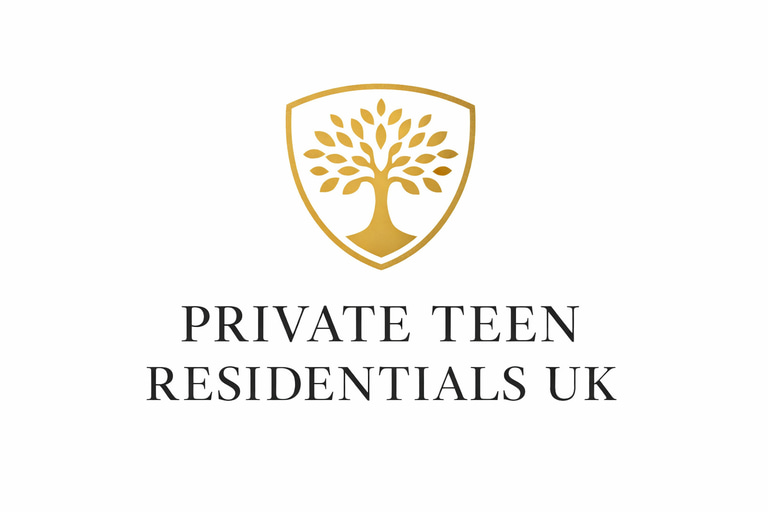Private Therapy vs NHS Counselling: Understanding the Key Differences


Introduction to Private Therapy and NHS Counselling
When it comes to mental health support in the UK, individuals often find themselves weighing the options between private therapy and NHS counselling. Both avenues offer unique benefits and drawbacks, making it essential to understand the differences to choose the best path for your needs. This article will discuss waiting times, privacy, cost, and quality in private counselling vs NHS therapy.
NHS Therapy Wait Times
The National Health Service (NHS) provides counselling services that are available to all UK residents. However, one of the major drawbacks of NHS counselling is the often long wait times. Depending on the region, patients may wait several weeks, or even months, for an appointment. This extended wait can be especially challenging for individuals experiencing urgent mental health concerns.
The waiting times for NHS therapy can vary significantly based on demand, availability of therapists, and local scarcity of resources. This unpredictability leads many individuals to seek private therapy as a quicker alternative to receiving the support they require.
Privacy and Confidentiality
Confidentiality is one of the other major considerations between private counselling and NHS counselling. While both settings are legally bound to protect patient information, private counselling often provides a heightened sense of privacy. Clients may feel more at ease discussing sensitive topics in a private therapy setting where they feel less likely to be judged.
Moreover, private therapists typically limit their caseloads, allowing for more personalized attention and a tailored approach to therapy. In contrast, NHS therapists might manage larger caseloads, which can sometimes result in a less individualized experience.
Cost Considerations
Cost is a crucial factor when deciding between private and NHS counselling. NHS therapy is generally free at the point of use, funded by taxpayers in the UK. However, this free service may come with longer wait times and fewer choices in terms of therapist suitability.
On the other hand, private counselling in the UK, while potentially costly, offers immediate access to therapy. Prices vary among providers, and while some may be affordable, others can be quite expensive. For individuals willing to invest in their mental health, private therapy offers flexibility such as evening appointments and the ability to choose a therapist who specializes in specific areas of concern. This is especially valuable for those who have experienced issues that require particular attention.
Quality of Care in Private vs NHS Counselling
The quality of care is another important aspect when exploring private therapy compared to NHS counselling. Patients often report higher satisfaction levels in private settings due to more available resources, enhanced focus on therapeutic techniques, and shorter wait times. Private counselling therapists may also have more intensive training and experience, which can translate to higher-quality care.
However, NHS therapists are also qualified professionals with specialized training. It is crucial to consider individual therapist qualities rather than solely focusing on the platform they operate within.
Conclusion
In summary, when choosing between private therapy and NHS counselling, one must weigh factors such as waiting times, privacy, cost, and quality of care. Private counselling UK offers various advantages, especially for individuals needing immediate support or personalized treatment plans. Making an informed choice can have a profound impact on mental health outcomes, so it’s essential to consider all variables before deciding on a course of action.


